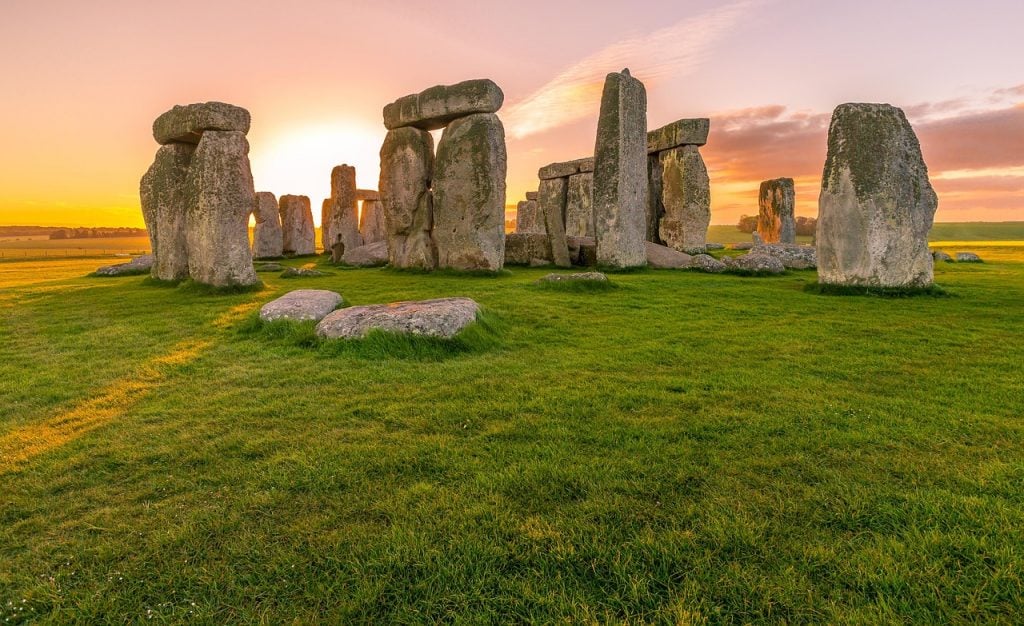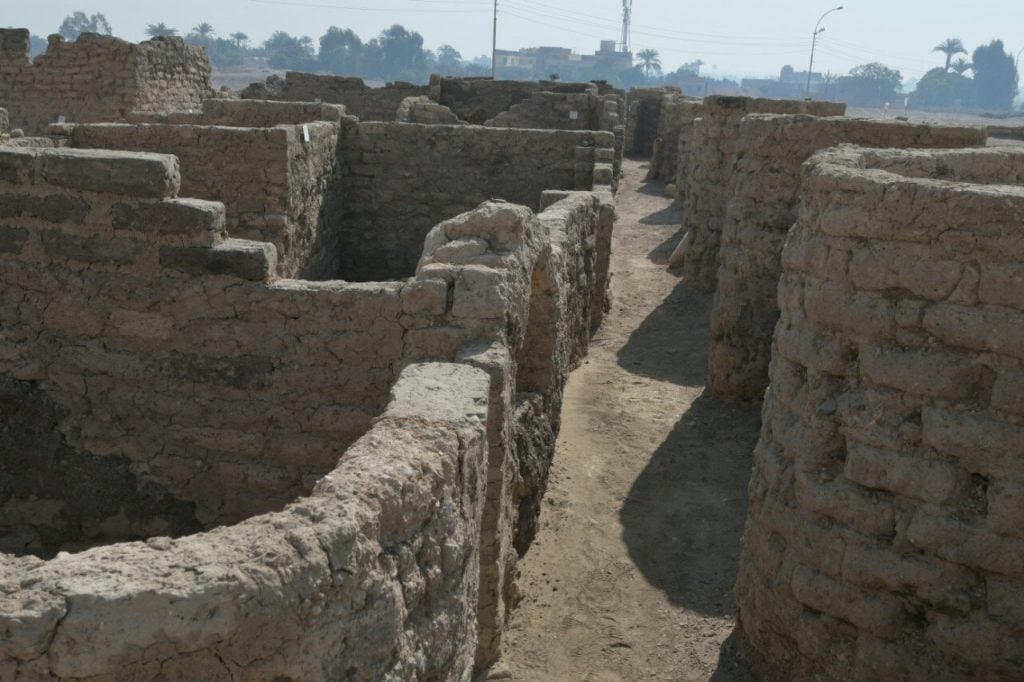Scientists have identified a unique form of cell messaging occurring in the human brain, revealing just how much we still have to learn about its mysterious inner workings.
Excitingly, the discovery hints that our brains might be even more powerful units of computation than we realized.
Back in 2020, researchers from institutes in Germany and Greece reported a mechanism in the brain's outer cortical cells that produces a novel 'graded' signal all on its own, one that could provide individual neurons with another way to carry out their logical functions.
By measuring the electrical activity in sections of tissue removed during surgery on epileptic patients and analyzing their structure using fluorescent microscopy, the neurologists found individual cells in the cortex used not just the usual sodium ions to 'fire', but calcium as well. READ MORE...












